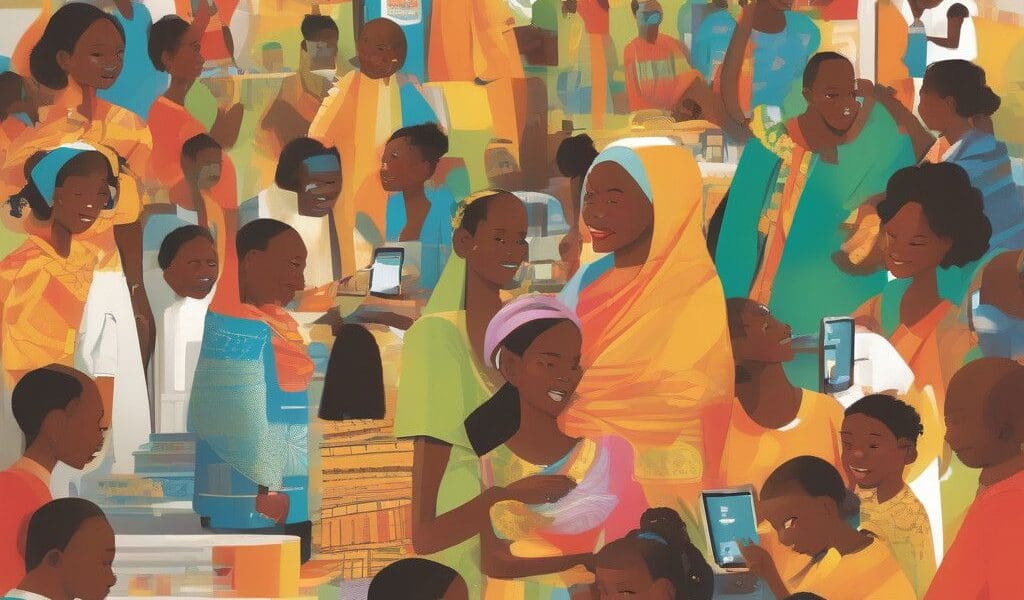Boosting Mobile Connectivity in Sub-Saharan Africa: The IFC and Airtel Partnership
In a strategic move to enhance mobile connectivity across Sub-Saharan Africa, the International Finance Corporation (IFC) and Airtel Africa have joined forces in a partnership aimed at modernizing network infrastructure. With a substantial investment of $200 million, this collaboration focuses on bridging the connectivity gap that affects nearly 600 million people in the region who lack access to reliable 4G coverage.
The partnership has a clear target: over 37 million subscribers in underserved rural areas. By improving access to mobile internet, this initiative is expected to create significant opportunities, not only for individuals but also for businesses that are reliant on mobile technologies. In regions where mobile phones are pivotal for business activities, access to efficient mobile networks can markedly boost economic growth.
Despite the advancements in digital technology, numerous areas in Sub-Saharan Africa remain inadequately served, which hinders economic potential. In fact, a significant portion of the population in these areas continues to face challenges in accessing essential services due to limited network availability. By enhancing mobile telecommunications infrastructure, the IFC and Airtel Africa aim to ensure that more individuals can leverage mobile internet access for personal and professional growth.
One notable aspect of this financing initiative is its structure as a sustainability-linked loan. This innovative financing model includes performance metrics aligned with Airtel’s sustainability goals, such as promoting smartphone adoption and facilitating financial inclusion among women. In a region where many individuals rely on informal financial systems, mobile banking has become a game changer. This partnership aims to empower women by increasing their access to mobile banking solutions, thereby fostering greater economic independence.
The potential benefits of enhanced mobile connectivity in Sub-Saharan Africa are substantial. Improved network performance leads to better access to online services, e-commerce opportunities, and educational resources, ultimately facilitating economic development. For instance, small businesses can expand their reach by utilizing mobile apps for marketing and sales, tap into wider markets, and streamline operations through more efficient communication.
Furthermore, enhancing connectivity is not only a matter of economic growth; it has broader implications for social development and equality. With better access to mobile internet, educational institutions can leverage online learning platforms and resources, making quality education more accessible. Healthy communities benefit too—telehealth services can thrive, allowing remote consultations and support for those who might otherwise have limited access to healthcare.
This partnership illustrates a vital step toward addressing one of the most pressing challenges facing Sub-Saharan Africa today: the lack of access to reliable digital infrastructure. By targeting those most affected, such as women and rural communities, the IFC and Airtel Africa are uniquely positioned to make a meaningful difference in the lives of millions.
Moreover, as Africa increasingly recognizes the importance of digital transformation, collaborative efforts like this one play a crucial role. By fostering partnerships between private sector players and development organizations, it sets a precedent for future initiatives aimed at creating sustainable solutions for connectivity challenges across the continent.
In summary, the IFC and Airtel Africa’s partnership presents a robust strategy to improve mobile connectivity in Sub-Saharan Africa. By investing in modern infrastructure, promoting sustainability, and focusing on social inclusion, this initiative has the potential to not only bridge the digital divide but also to stimulate lasting economic growth across the region.








